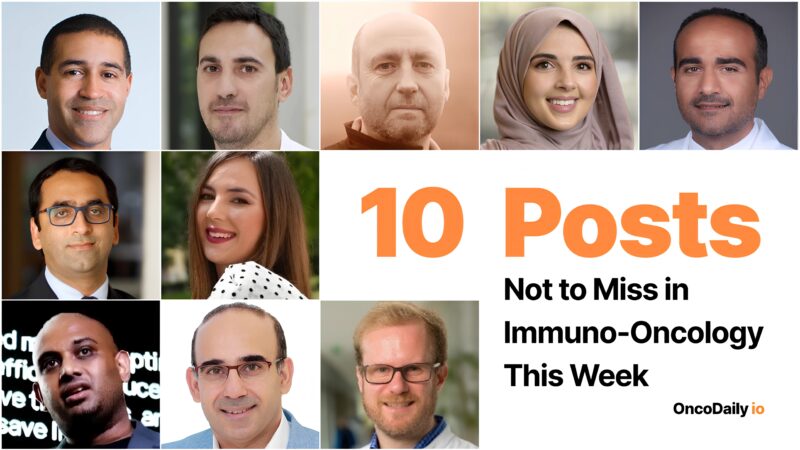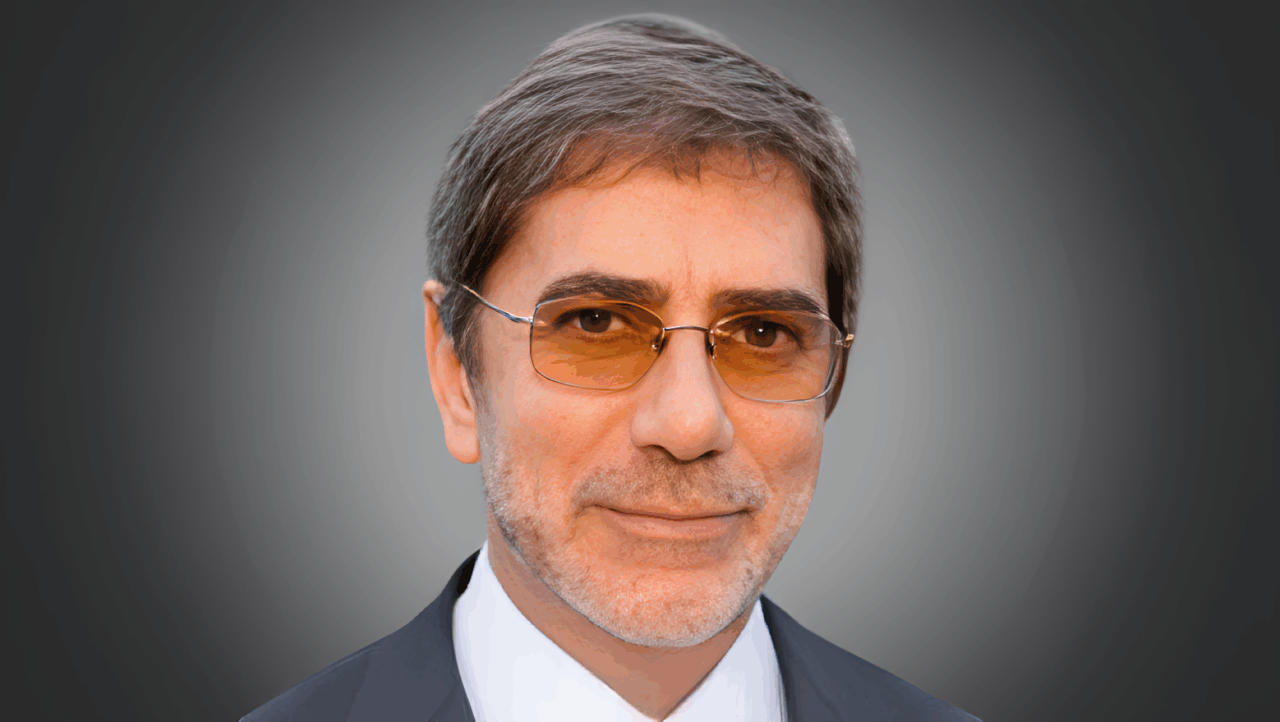Marco Carlo Merlano, Physician at Candiolo Cancer Institute IRCCS, shared a post on LinkedIn:
“Sunday reflection:
Why does immunotherapy not achieve as much as we might reasonably hope?
The immune system is an extraordinarily powerful tool. It is responsible for defending the organism’s life from any internal or external threat. The term ‘immune surveillance,’ originally coined to describe the defense against tumor development, in fact applies to every aspect of human health.
It is noteworthy that the cytokine IL-6 has been identified as a predictor of short-term global functional decline in older adults (Adriaensen W et al., AGE, 2014). IL-6 plays a key role not only in initiating the inflammatory response but also in modulating it.
In other words, IL-6 may exert a dual function – either pro- or anti-inflammatory – depending on the physiological context and signaling pathway involved. And this is precisely where the challenge lies: no cytokine or immune cell has a fixed, context-independent function.
In tumors, the microenvironment plays a crucial role in directing each individual component toward either an effector or a regulatory role. Seven months ago, I shared one of my slides summarizing the factors contributing to the plasticity of the tumor microenvironment (TME) – factors that play a major role in directing the immune response toward either attack or tolerance.
To predict the efficacy of immunotherapy, it is essential to understand the tumor microenvironment (TME) we are dealing with. Although this would truly represent a personalized approach to treatment, accurately identifying a specific TME – and even more so, tracking its changes over time – is challenging due to its inherent plasticity and its rapid responsiveness to alterations in any of its components.
One possible solution lies in studying circulating ‘messengers’ – such as interleukins, chemokines, and growth factors – which may reflect the current state of the TME, as already suggested in previous studies.
Academic research should move in this direction, as the indiscriminate use of immunotherapeutic agents is unlikely to yield better outcomes than those currently observed. Without such a shift, many potentially active drugs risk being discarded and forgotten.”
You might be interested in “10 Must-Read Posts in Immuno-Oncology This Week“.



